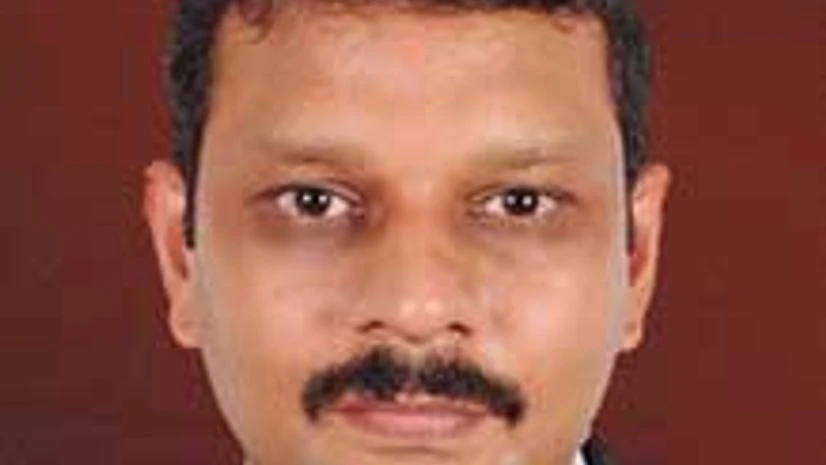Institutes offering post-graduation management studies in India face a Hobson's choice today - reorient the curriculum to meet industry's needs or risk becoming irrelevant. But while some have taken proactive steps over the past few years to change, most have barely woken up to the need. CRISIL's evaluation of B-Schools under its Education Grading services indicates barely 1-2 per cent of the over 3,300 B-schools have been engaging closely with corporate sector through various platforms. The vast majority tend to have superficial corporate connect, aimed at generating placements to attract students and thus charge higher fees.
A look at key industry-focused activities at most B-schools reveals the gaps, and the possibilities:
n Summer placements: CRISIL has observed that while the quality of summer placements at B-schools with A*** and A** graded (highest 2 gradings on its 8 point scale) programmes is improving through better projects, monetary stipends, international locations, in other institutes even the ability to place 100 per cent of a batch remains weak. Regional institutes tend to struggle more on this front due to low visibility and the unwillingness of some students to travel outside their base cities.
n Guest lectures: To improve engagements, some have been following the concept of compulsory academic sessions by industry professionals and the trend to increase these interactions has been growing at most institutes. There has been increasing emphasis on attracting faculty with relevant industry experience. However, relatively lower pay scales, lack of high-paying consulting assignments and personal challenges in locating to offbeat locations make it difficult to find such faculty.
n Industry visits: These have good potential to enhance students' exposure. While a good number is engaging in such visits, especially international trips, most tend to remain marketing tools to attract students without any significant business insights.
n Alumni engagement: In the global context, alumni have been deeply involved in enhancing an institute's resources, with some ivy-league ones boasting endowment funds running into billions of dollars. Their alumni have helped establish Research Chairs, a trend that has picked up in some top-tier Indian B-Schools but is lacking in most others.
n Consulting and research: Seminars are ubiquitous platforms for faculty to reach out to industry. The need to evoke thought leadership at such platforms continues to be an area of improvement, and leading institutes have been strengthening monetary and learning infrastructure resources.
n Management development programmes: Globally, industry plays a much more active role in developing short-duration programmes in collaboration with academia. Such tie-ups are still limited, though some organisations have taken the initiative to partner directly with B-schools to offer joint programmes.
n Executive education: This has been in vogue for some time but is limited to leading institutes and some specialised ones. Students of executive education tend to improve industry connect through their previous workplace relationships. However, the concept is yet to play an active role in bridging the industry-academia gap in India.
The message for B-schools, therefore, is clear: keep up with the closest stakeholders, understand their needs and change.
The author is senior director, CRISIL SME Ratings

)
